1. Introduce the dictionary: Start by explaining what a dictionary is and its purpose. Show your child a physical dictionary. Explain that dictionaries contain words, their meanings, pronunciations, and sometimes additional information like word origins.
2. Help your child understand that words in a dictionary are arranged alphabetically. Practice with simple word lists or alphabet cards. Emphasize the importance of knowing the order of letters in the alphabet to locate words in the dictionary. Show your child how using the guide words at the top of the page can help speed up finding your word.
3. Practice pronunciation: Teach your child how to read pronunciation symbols in the dictionary. Practice pronouncing words together, paying attention to vowel sounds.
4. Encourage your child to look up words they encounter while reading or during conversations. Provide assistance as needed, but allow them to locate the word independently once they’re able to. Praise their efforts and reinforce correct usage


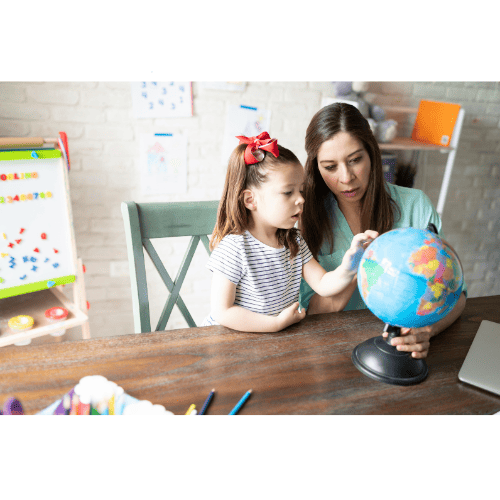
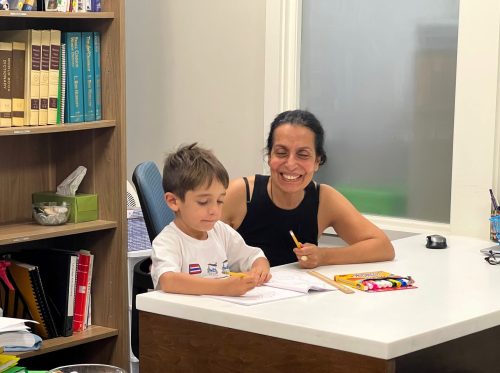
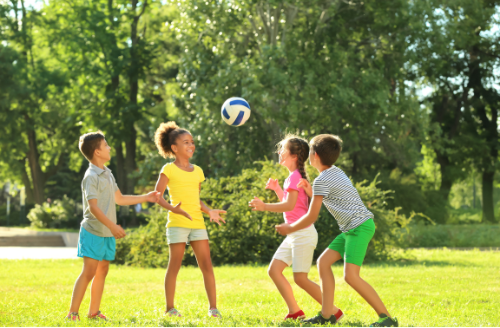

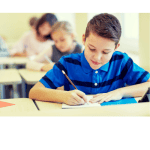

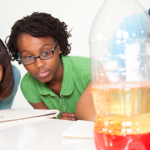

Recent Comments